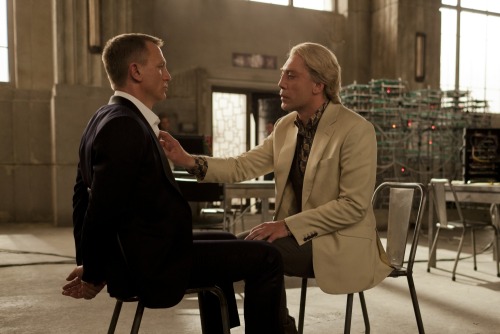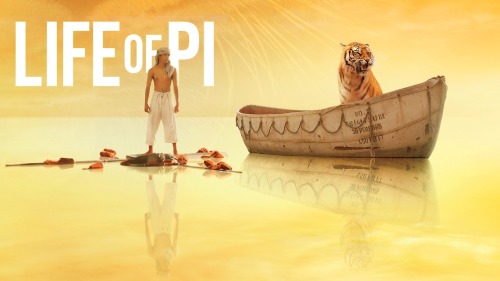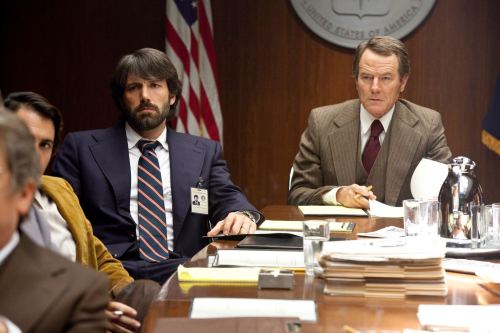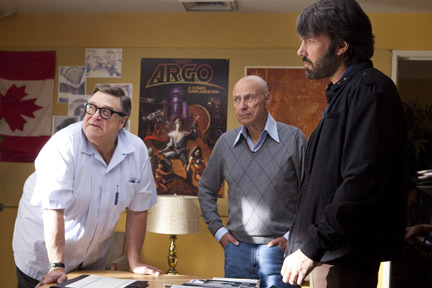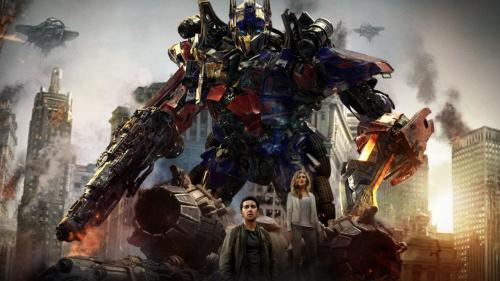Les Miserables (2012)
85th Academy Awards 2013
3/5 Stars
Nominated for 8 awards, of which it won 3.
Nominated for Best Picture (Tim Bevan, Eric Fellner, Debra Hayward, Cameron Mackintosh), Best Actor (Hugh Jackman), Best Music–Song (“Suddenly”: Claude-Michel Schönberg, Herbert Kretzmer), Best Production Design (Eve Stewart, Anna Lynch-Robinson), and Best Costume Design (Paco Delgado).
Won Best Supporting Actress (Anne Hathaway), Best Sound Mixing (Andy Nelson, Mark Paterson, Simon Hayes), and Best Makeup (Lisa Westcott, Julie Dartnell).
Watched October 3, 2013.
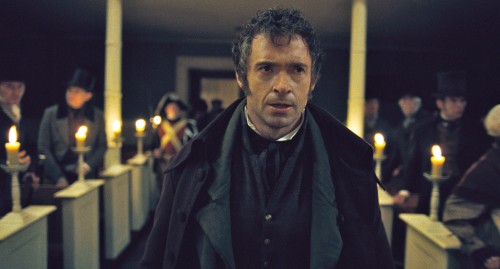
This adaptation of Les Miserables is both deeply loved and deeply hated by many–critics and citizens alike. The enchanting music and performances are beautiful, but the dutch angles* and static camera work is grating. For some (book lovers, mostly) the first two parts of the film are what they should be, if a musical can be considered a good representation of the original literature. For others, the last act is what makes the piece.
For myself, the first two thirds of the film were incredibly boring. There are certain pieces that stand out, but over all it isn’t something that I would be able to watch very often.
For those who don’t know, Les Miserables is a story about a man named Jean Valjean (Hugh Jackman) who is set free from prison and hard labor after serving 19 years for stealing a loaf of bread. Javert (Russell Crowe) is the guard who sets him free, but Valjean’s papers label him a dangerous man, which make it impossible for him to get a job, something to eat, or a place to stay. He is shown incredible kindness by a godly man who tells him to turn his life around. Valjean creates an alias for himself and years later we find him a factory owner and the mayor of a small town. This happy world is rocked when Javert returns, now as an inspector, although he does not at first recognize Valjean.
Distracted by the new inspector, Valjean doesn’t take notice when one of his factory workers is thrown to the streets because she had a child out of wedlock. Fantine (Anne Hathaway) enters a dark path and in her deepest despair performs the most heart wrenching, memorable solo number of the entire 158 minute film. Valjean learns of Fantine and her daughter Cosette (Amanda Seyfried) and vows to take care of the girl.
In the next act, a rebellion against the crown in stirring in France. Cosette is a young woman and her beauty attracts another young man who has left behind his family wealth to support the revolution with his friends. Marius, played by the freckle-faced tenor Eddie Redmayne, sees her but once and is in love. He must choose between the girl and the revolution. When Valjean discovers the romance, he must choose between his own freedom or Cosette’s happiness.
The film’s biggest strength is director Tom Hooper’s decision to have the cast sing live. Normally with musicals, they record the tracks before they shoot, but with singing live the actors have a much better opportunity to connect emotionally with their characters and their performance. There is no debate that Hathaway’s performance of “I Dreamed a Dream” is the best point in the entire film and it is undoubtedly what won her the Oscar.
The film captures the darkness of the circumstances, but its biggest flaw is probably the conversion of stage to film–it stays too true to Broadway. The continuous musical ballads draw out the emotions of characters that we as an audience can see in a split second simply from the actor’s face. We spend five minutes exploring a single emotion. On stage this can work brilliantly, especially if you’re sitting in the nosebleed section. Film is different. The slightest flicker of emotion can be detected by your audience–we don’t need to marinate in it.
My second favourite performance is when Redmayne sang “Empty Chairs at Empty Tables.” He expresses perfectly the emotion–the devastation he felt at the loss of his comrades. The film also did well in showing the sorrow that the soldiers must have felt at killing such young men.
There are so many facets to this film, it is hard to discuss them all. For me, the first two parts of the film were slow and tedious. They did not hold my attention very well. If it wasn’t a musical I probably would have enjoyed it, but when there is little to no dialogue, it gets old fast. Part three, which many critics disliked, was my favourite. By then I was used to the singing and although certain love stories were a little silly, the character interaction was much more engaging. The revolution was interesting and its toll was disheartening.
If you are a fan of musicals, you will probably love this film. If you hate musicals, you will hate this film. There isn’t really an in-between with this Les Miserables. I will probably see it again, simply because it is so well loved, but I hope it isn’t any time soon.
*Dutch Angle (or dutch tilt) is defined as “a type of camera shot where the camera is tilted off to one side so that the shot is composed with vertical lines at an angle to the side of the frame” (Wikipedia).
